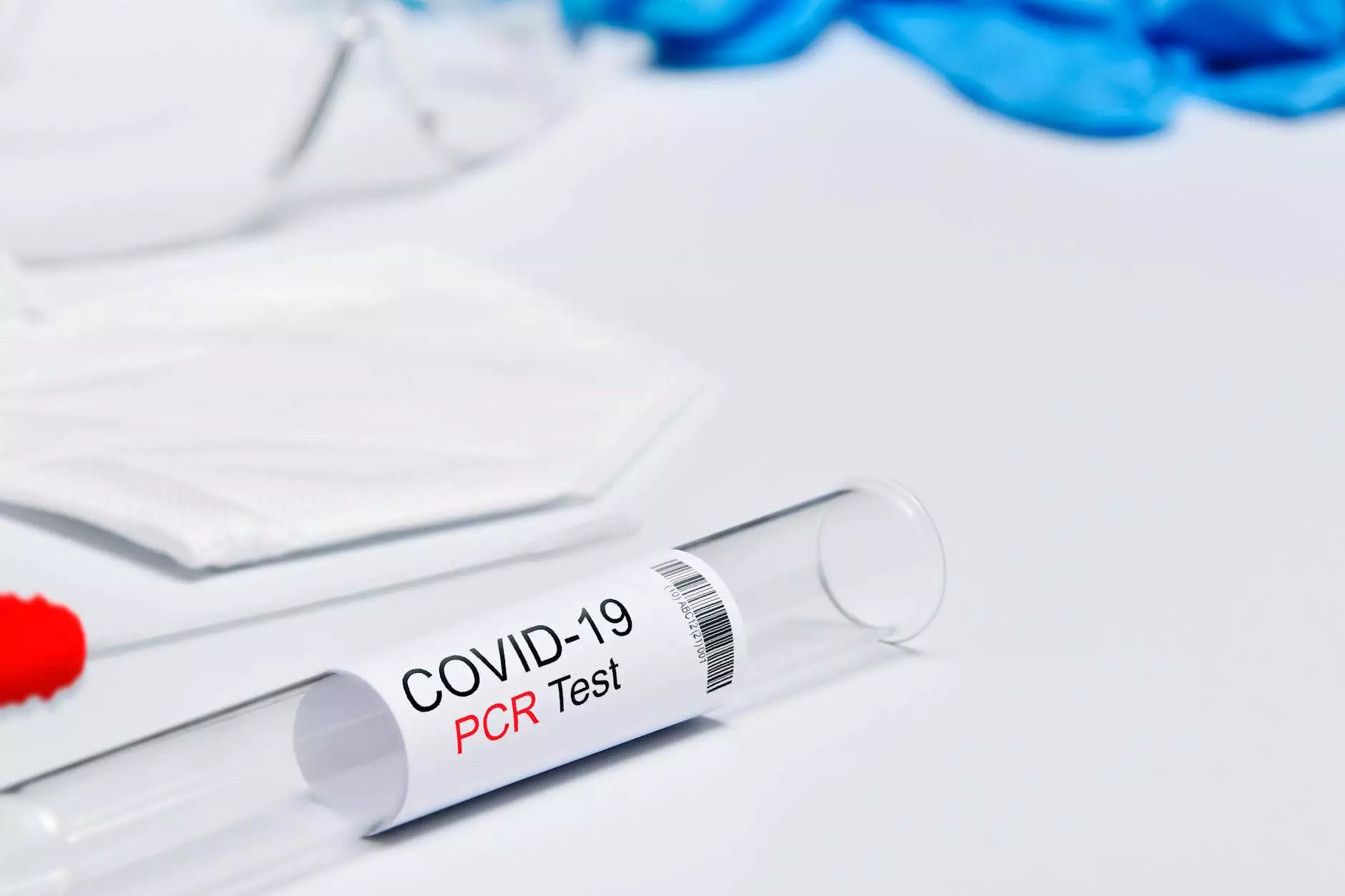Maximizing Business Efficiency with Contract Management Software Tools

In today's dynamic business landscape, organizations consistently seek methods to enhance operational efficiency and ensure compliance. One of the pivotal areas that demand attention is contract management. Leveraging contract management software tools provides businesses with a comprehensive solution to streamline contract creation, monitoring, and compliance. This article delves into the significance of these tools, their functionalities, and how they contribute to optimized business processes.
Understanding the Importance of Contract Management
Contract management is not just about drafting agreements; it encompasses the entire lifecycle of a contract, from its initial creation to its eventual expiration or renewal. Effective contract management is crucial for:
- Mitigating Risks: Ensuring compliance with regulatory requirements and reducing legal risks.
- Enhancing Visibility: Allowing stakeholders to track contract performance and obligations.
- Improving Efficiency: Reducing time spent on manual contract processes and minimizing errors.
- Fostering Collaboration: Streamlining communication between legal, procurement, and management teams.
Key Features of Effective Contract Management Software Tools
Not all contract management software tools are created equal. Here are some essential features that make these tools indispensable for modern businesses:
1. Centralized Contract Repository
A centralized repository allows companies to store all their contracts in one accessible location, enhancing organizational efficiency and ensuring that important documents are not lost or misplaced.
2. Automated Workflow Management
Automation of workflows minimizes human error and accelerates the contract approval process. Features include notification systems that alert stakeholders about upcoming deadlines and renewal dates.
3. Advanced Analytics and Reporting
Analytics tools provide insights into contract performance, identifying trends and potential areas for improvement. This data-driven approach enables more strategic decision-making.
4. Compliance Tracking
Ensuring compliance with legal, regulatory, and internal policies is vital. Contract management software tools typically offer features that monitor compliance and generate alerts for non-compliance issues.
5. E-Signature Capability
Integrating e-signature functionality expedites the contract signing process and eliminates the need for physical document exchange, promoting a faster turnaround time.
Benefits of Implementing Contract Management Software Tools
Investing in contract management software tools brings a multitude of benefits to businesses. Here are some of the notable advantages:
1. Cost Savings
By minimizing manual processes and enhancing efficiency, businesses can significantly reduce operational costs associated with contract management.
2. Enhanced Collaboration
These tools foster better teamwork by providing standardized processes and accessible information across departments, which promotes a more collaborative environment.
3. Increased Compliance and Risk Management
Robust compliance features help organizations adhere to regulations and internal policies, thereby reducing the risks associated with contract breaches.
4. Improved Vendor Management
With the ability to track vendor performance and contract terms effectively, companies can optimize their vendor relationships and ensure they receive the best value.
5. Better Business Continuity
Effective contract management supports business continuity by enabling smoother transitions during contract renewals or changes in providers.
Integrating Contract Management with Business Process Automation
Integrating contract management software tools with business process automation services is a strategic move to synchronize contract management with other business functions. Automation tools can enhance the contract lifecycle by:
- Streamlining Approval Processes: Automating approval flows ensures that contracts are reviewed and signed promptly, reducing bottlenecks.
- Connecting with Other Systems: Integration with ERPs and CRMs allows for seamless data flow, providing a holistic view of business operations.
- Reducing Manual Entry: Automation decreases the risk of errors that come with manual data entry, ensuring accuracy across the board.
Data Governance and Contract Management
Incorporating a robust data governance system is essential for managing the wealth of information generated during contract management. Effective data governance ensures that:
- Data Quality: High-quality data leads to better decision-making and enhanced contract performance analysis.
- Data Privacy: Protecting sensitive information within contracts is critical for maintaining trust with clients and partners.
- Compliance Tracking: Data governance tools can assist in monitoring compliance with both internal and external regulations related to contract management.
Choosing the Right Contract Management Software Tools
When selecting contract management software tools, organizations should consider several key factors:
1. User-Friendly Interface
The software should have an intuitive interface that allows users at all levels to navigate effectively without extensive training.
2. Customization Options
Every business has unique needs, so the ability to customize features and workflows is crucial for maximizing the software's effectiveness.
3. Scalability
As businesses grow, their contract management needs evolve. Choose tools that can scale with your organization and adapt to changing requirements.
4. Integrations
Ensure the software can integrate with other business systems to promote a seamless flow of information across departments.
5. Vendor Support
Reliable vendor support ensures that any issues can be resolved swiftly, minimizing disruptions to business operations.
Conclusion
In conclusion, investing in contract management software tools is not just a trend; it is a vital step towards ensuring operational efficiency, compliance, and effective risk management. By streamlining contract processes and integrating with other business functions like business process automation and data governance, organizations can improve collaboration, reduce costs, and ultimately enhance their bottom line. With the right tools in place, businesses can navigate the complexities of contract management with confidence and agility. Explore the world of contract management software today and unlock the potential for transformative improvement in your organization.









